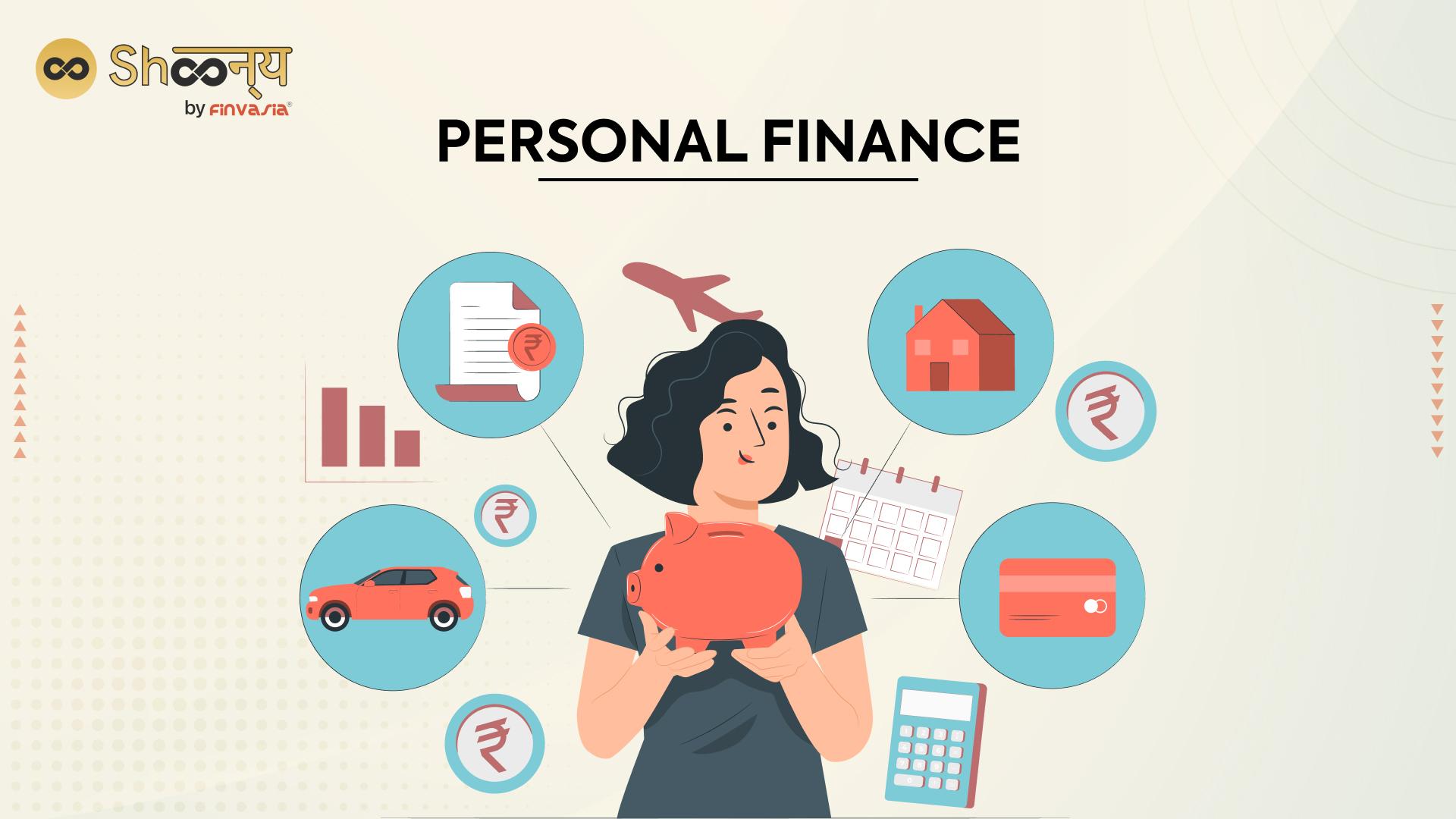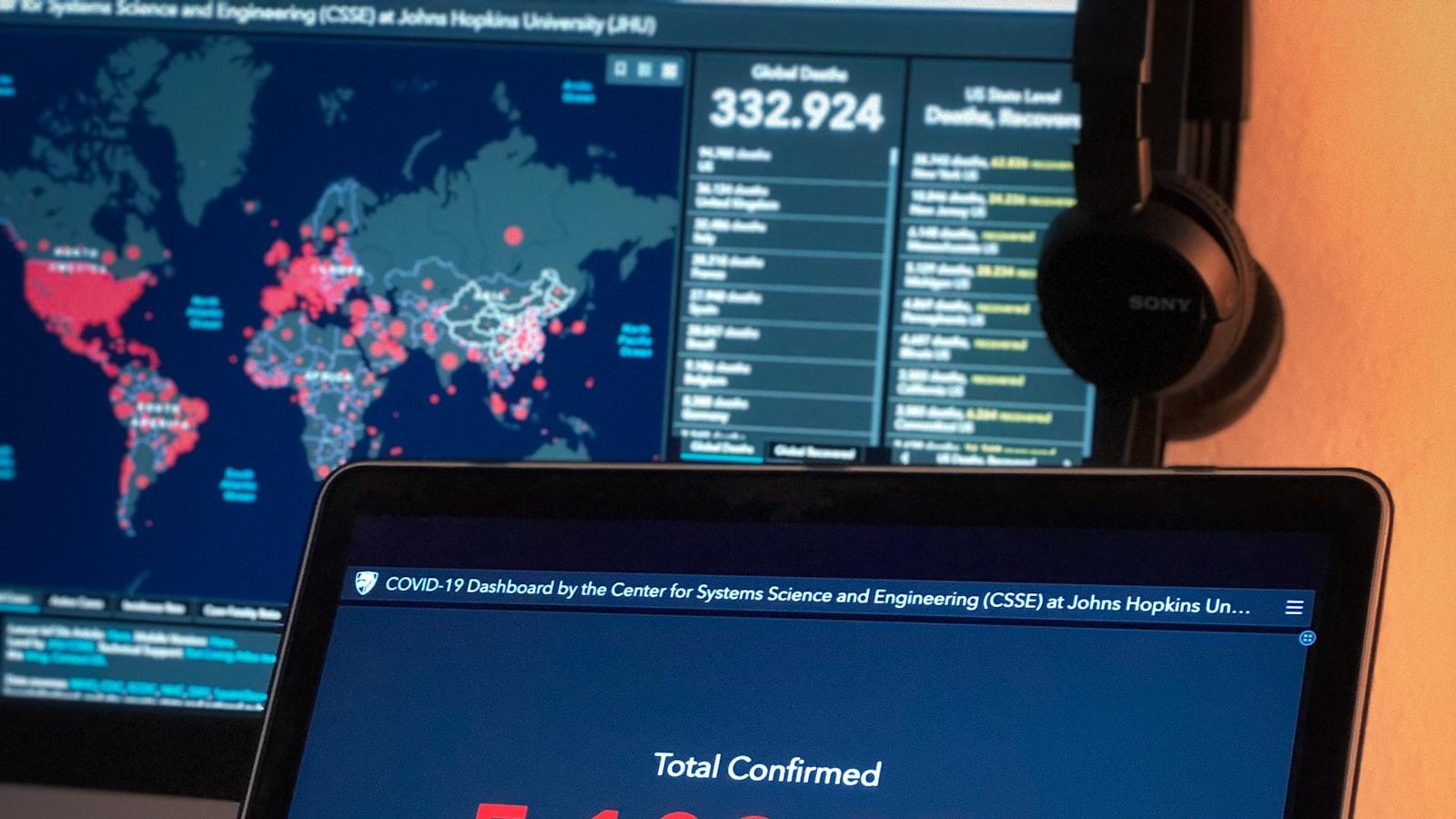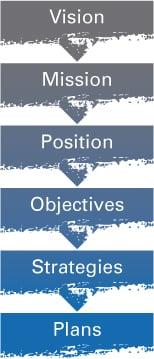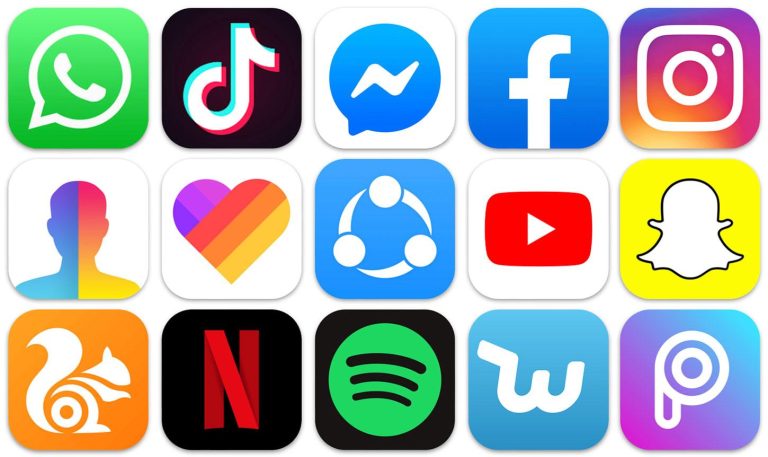In an era characterized by rapid technological advancements and an ever-evolving financial landscape, the integration of mobile applications into daily personal finance management has emerged as a pivotal force in shaping resilient financial habits. This article delves into the multifaceted role that financial apps play in fostering disciplined saving, informed spending, and strategic investing. By leveraging real-time data analytics, personalized insights, and behavioral nudges, these digital tools are not only transforming the way individuals engage with their finances but also fortifying their financial resilience against economic uncertainties. As we examine the efficacy and impact of these applications, we aim to uncover the mechanisms through which they are enabling users to cultivate sustainable financial practices in an increasingly digitalized world.
– Importance of Financial Apps in Promoting Financial Literacy and Budgeting
Financial apps have revolutionized the way individuals manage their finances, enhancing understanding and control over personal budgeting. These apps offer user-friendly interfaces and intuitive features that demystify complex financial concepts. Users can easily monitor their income and expenses, set saving goals, and receive personalized tips. By providing real-time insights and alerts, these tools empower users to make informed financial decisions, fostering better money management habits.
Moreover, these apps often integrate educational resources, such as articles, podcasts, and interactive tutorials, to promote financial literacy. Here are a few noteworthy benefits:
- Accessibility: Financial data and resources are readily available at any time.
- Customization: Tailored advice based on individual financial behavior.
- Engagement: Gamification elements encourage continuous use and learning.
| Feature | Benefit |
|---|---|
| Auto-categorization of expenses | Helps identify spending patterns effortlessly. |
| Budget tracking | Ensures adherence to financial plans. |
| Financial goal setting | Promotes saving and future planning. |

– Utilizing Personal Finance Apps for Goal Setting and Tracking Progress
Personal finance apps are a powerful tool for setting your financial goals and tracking your progress with ease and precision. These apps often come with a user-friendly interface and a range of features to help you create specific, measurable, achievable, relevant, and time-bound (SMART) financial goals. Here is how they can help:
- Budgeting: Categorize and track your income and expenses effortlessly.
- Analytics: Gain insights through detailed spending reports and trend analysis.
- Reminders: Set alerts for due dates to avoid late fees and penalties.
- Multi-Device Sync: Access your financial data anytime, anywhere, from any device.
To illustrate the effectiveness of these apps, consider the following table comparing some popular personal finance apps:
| App | Key Feature |
|---|---|
| Mint | Comprehensive budgeting and bill tracking |
| YNAB (You Need A Budget) | Proactive money management strategies |
| Personal Capital | Investment tracking and financial planning |

– Monitoring Spending Habits Through App Integration with Banking Services
Apps have revolutionized the way we track our spending by integrating seamlessly with our banking services. With the use of APIs, these applications fetch data from our bank accounts and provide detailed insights into our spending patterns. This technology can automatically categorize your transactions into sections like groceries, entertainment, and utilities, making it easier to see where your money goes. Many apps also offer visual dashboards and customizable alerts to notify you of unusual spending, helping you stay on track with your financial goals.
Several advantages come with monitoring spending habits through app integration:
- Automated Expense Tracking: Instantly categorizes and tracks your expenses.
- Real-time Updates: Provides up-to-date information on your spending.
- Customized Reports: Generate tailored reports for better understanding of your financial behaviors.
- Security: Advanced encryption ensures your financial data is secure.
| Feature | Benefit |
|---|---|
| Expense Categorization | Simplifies tracking by grouping similar expenses |
| Alerts | Warns about any unusual or high spending |
| Visual Dashboards | Easy-to-read summaries of financial data |

– Actionable Strategies for Developing Strong Financial Habits with the Help of Apps
Leveraging financial apps can be a game-changer in developing solid financial habits. Start by setting clear financial goals within the app. Whether you’re saving for a down payment on a house or looking to pay off debt, having defined targets gives you a focused path. Many apps offer personalized budgeting tools that automatically categorize your expenses, giving you insightful data on where your money is going. Notifications and alerts can keep you on track, reminding you of due dates, low account balances, and irregular spending patterns.
- Budgeting Apps: Mint, YNAB (You Need a Budget)
- Savings Goals: Qapital, Digit
- Expense Tracking: Expensify, PocketGuard
Integrating investment apps can also contribute significantly to financial strength. These platforms can automate your investments based on personalized risk profiles and financial goals. Most investment apps offer options like round-ups, where they round up your purchases to the nearest dollar and invest the difference. This passive saving strategy turns everyday spending into automated investment opportunities, enhancing your financial resilience. Additionally, many financial apps provide educational resources, such as articles and tutorials, to further improve your financial literacy.
| App Type | Key Features | Examples |
|---|---|---|
| Budgeting | Expense Categorization, Alerts | Mint, YNAB |
| Savings Goals | Automated Transfers, Goal Tracking | Qapital, Digit |
| Investing | Automated Investments, Round-Ups | Acorns, Robinhood |
Q&A
Q: How do apps help users in building resilient financial habits?
A: Apps provide tools such as budgeting tools, expense tracking, and goal setting features that help users monitor and manage their finances effectively.
Q: Can apps assist in improving financial literacy?
A: Yes, apps can offer educational resources, tips, and personalized insights that can help users understand and improve their financial knowledge and decision-making.
Q: What are some popular financial apps available in the market?
A: Some popular financial apps include Mint, YNAB (You Need a Budget), Acorns, and Personal Capital.
Q: How can apps encourage users to save money?
A: Apps can use features such as automatic savings transfers, savings challenges, and goal-based saving features to motivate users to save money consistently.
Q: How secure are financial apps in handling sensitive financial data?
A: Financial apps use encryption and other security measures to protect users’ sensitive financial information, ensuring that data is kept safe and secure.
Q: Can apps help users in tracking and reducing debt?
A: Yes, apps can provide debt tracking tools, payment reminders, and debt payoff calculators to help users track and reduce their debts more effectively.
Q: Are financial apps suitable for users of all ages and financial backgrounds?
A: Yes, financial apps are designed to cater to users of all ages and financial backgrounds, offering various features and tools to suit different needs and preferences.
To Wrap It Up
the role of apps in building resilient financial habits cannot be overstated. With the right combination of budgeting, tracking, and goal-setting features, these tools empower individuals to take control of their finances, develop healthy spending habits, and ultimately achieve their long-term financial goals. By harnessing the power of technology, individuals can overcome challenges, navigate financial uncertainties, and build a solid foundation for long-term financial success. As we continue to innovate and evolve in the digital age, the opportunities for leveraging apps to support and strengthen financial well-being are endless. The future of financial resilience is in our hands – or rather, in the palm of our hands, with just a tap away.



[…] your expenses with these apps can reveal spending patterns and unexpected costs, enabling you to make informed financial decisions. Many of these tools also offer customizable features, allowing you to tailor the app to your […]
[…] Choosing the right digital tools for managing your finances can feel like dating in the 21st century: overwhelming, yet strangely exhilarating. To avoid the dreaded app overload, start by figuring out your actual needs. Are you searching for a tool that handles all your accounts? Or do you need something that excels in budgeting? Make a list of your non-negotiables, such as user-friendly interface, syncing across multiple devices, and real-time updates. […]